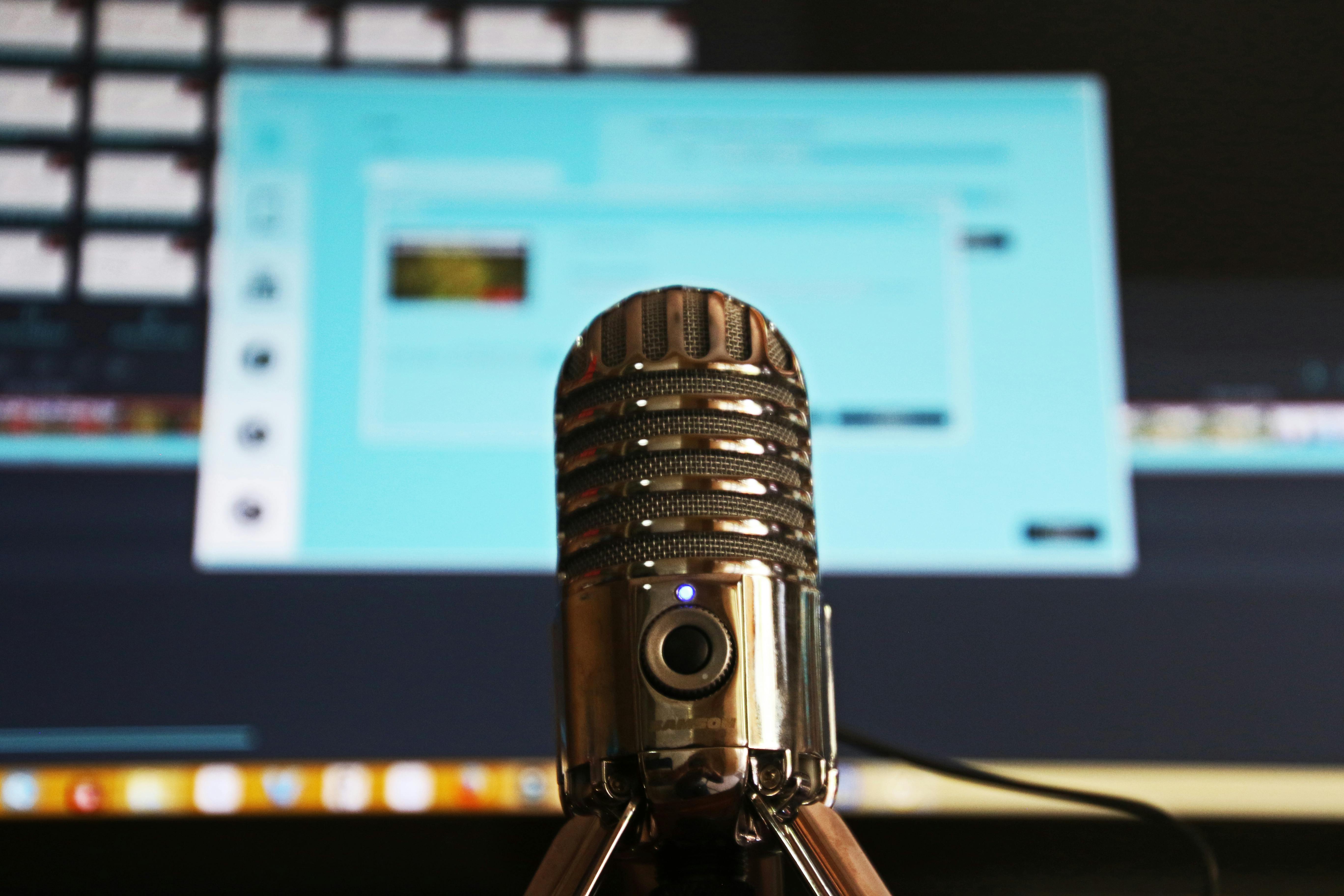Covid Commencement 2.0
Universities offer a mix of in-person and remote-only commencements that should be an improvement over last year

Commencement ceremonies this spring will look different for the second year in a row. Some universities are opting for outdoor and socially distanced gatherings with limited guest lists, while others are ramping up remote-ceremony plans.
Tech & Learning spoke with staff at two universities with very different plans but who share a common goal: providing a memorable and enjoyable experience that celebrates the accomplishments of graduates.
In-Person But With Restrictions
Staff at Southern Connecticut State University had been planning for a student-only ceremony but in early March when Connecticut lifted restrictions on larger outdoor gatherings, leaders decided to allow each student to invite two guests. To keep crowds manageable and allow for social distancing, the graduating class is being divided.
“We’re going with five individual commencements,” says Brad Crerar, director of the Adanti Student Center one of the chairs of the commencement committee.
Between 350 and 500 graduating students will be at each commencement ceremony, with a total of about 1,500 guests and graduates spread across the stands at one of the university's athletic arenas.
Last year’s ceremony was virtual only, and this year's festivities will also have a significant virtual component as each event will also be live streamed.
“We do believe there will be students who are not comfortable coming to campus and they can submit pictures ahead of time, their name will still be put up on the screen as we're streaming,” Crerar says. “So it's a combined virtual and on-the-ground live event.”
Tech & Learning Newsletter
Tools and ideas to transform education. Sign up below.
Online But Not On Zoom
Commencement plans are still being finalized at Oregon State University but as of now the ceremony will be online-only with a mix of live and pre-recorded segments. The goal is to celebrate the students, and not merely broadcast an in-person commencement.
“The last thing students want to do is to join another Zoom meeting,” says Marc Cholewczynski, associate director of Academic Technology and Technical Services.
Kristina Case, associate director of Media Services, says the ceremony won’t be “45 minutes of talking heads. They do that for class they don't want to do that right now, for anything that's recreational.”
Instead, the broadcast will be directed and produced to also entertain the students and their families.
The pre-recorded segments will allow for creativity, Case says. For instance, instead of talking on a stage, someone might deliver a speech from a setting such as nature that ties into the theme of what they’re sharing with students.
“We’re upping production elements when we can, so that even though it's pre-recorded or pre-produced, it actually makes it a little bit more special,” she says.
The university is working with a tech company to create a slide with each student’s name that will be emailed to them and will be streamed at some point.
Oregon State always broadcasts its commencements, and while there are always technical challenges, this year’s event is actually less challenging than a pre-Covid ceremony, says Jeff Peterson, Technical Systems Integrator and Broadcast Engineer. “Our last live commencement, we had 12 robotic cameras, all remoted up to our controller, along with four manned cameras,” he says. “And you're coordinating between a PA company and a broadcast for audio. This year I think it's a three-camera shoot.”
Advice for Other Institutions
Treat commencement as a broadcast designed to entertain the audience, suggests Case. Shooting pre-recorded segments with high production quality is ideal, but there is also something to be said for very authentic messages recorded by speakers on their cell phones. Case points to a video made by an indigenous school official at a nearby university. “He was on his native land. And one of his family members recorded him in his full regalia,” she says. “You could hear the water running in the background. You could hear the birds singing. It had a very human element to it.”
Those participating in in-person commencement should be eager to celebrate but also understand the pandemic-enforced limitations, says Crerar from Southern Connecticut State University.
“Whether it's a high school commencement or a college commencement, everybody who works on those committees and plans these things, they want to give the students the best experience they can. They want to give the parents the best experience they can,” he says. “With that in mind, everyone's got to be tolerant. I know it's not convenient if we give you two tickets, but there’s no room to give you four.”
Students need to realize that whether it’s in-person, online, or a mix, it’s going to be a lot better than last year. “We're not quite as good as we hope to be next year,” Crerar says, “But we're doing the best we can, like everybody right now in schools.”
Erik Ofgang is a Tech & Learning contributor. A journalist, author and educator, his work has appeared in The New York Times, the Washington Post, the Smithsonian, The Atlantic, and Associated Press. He currently teaches at Western Connecticut State University’s MFA program. While a staff writer at Connecticut Magazine he won a Society of Professional Journalism Award for his education reporting. He is interested in how humans learn and how technology can make that more effective.











